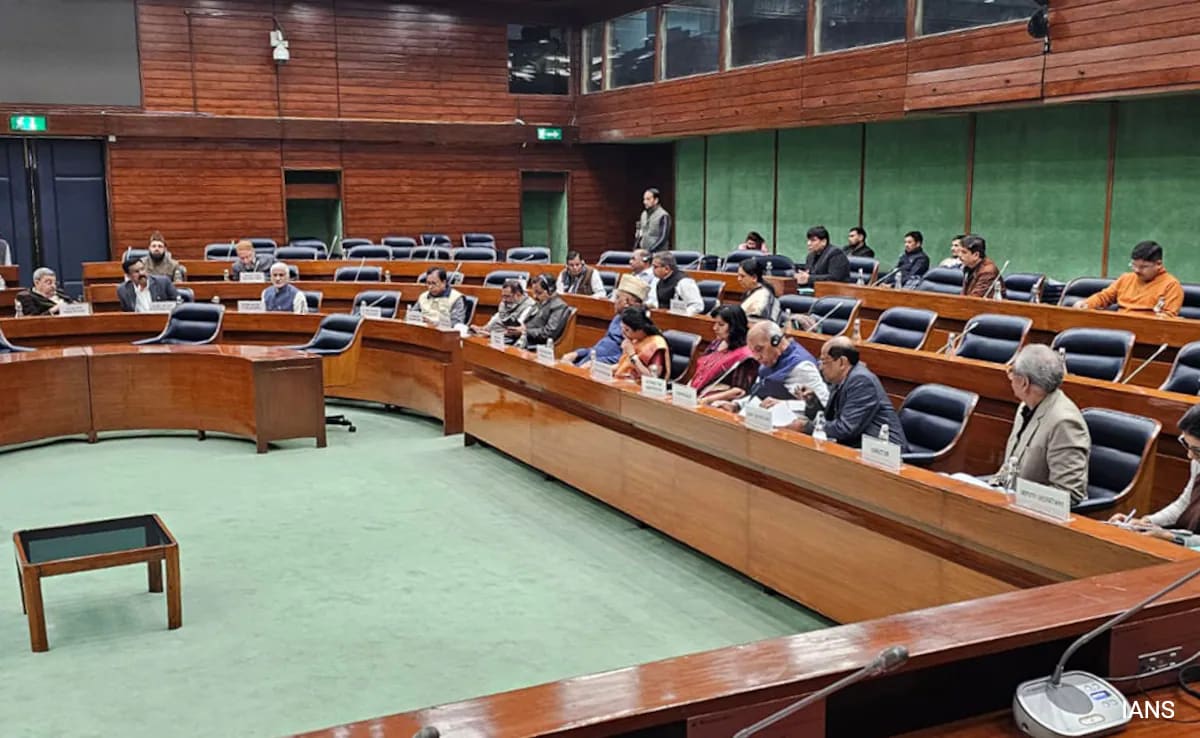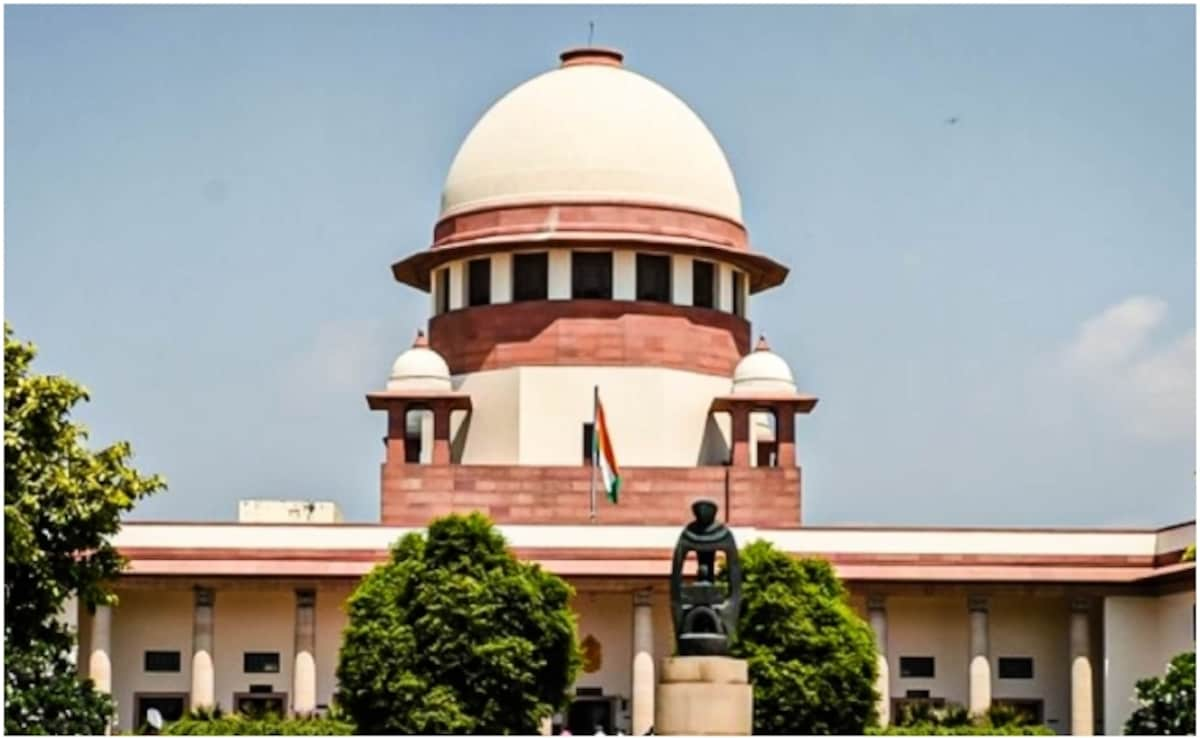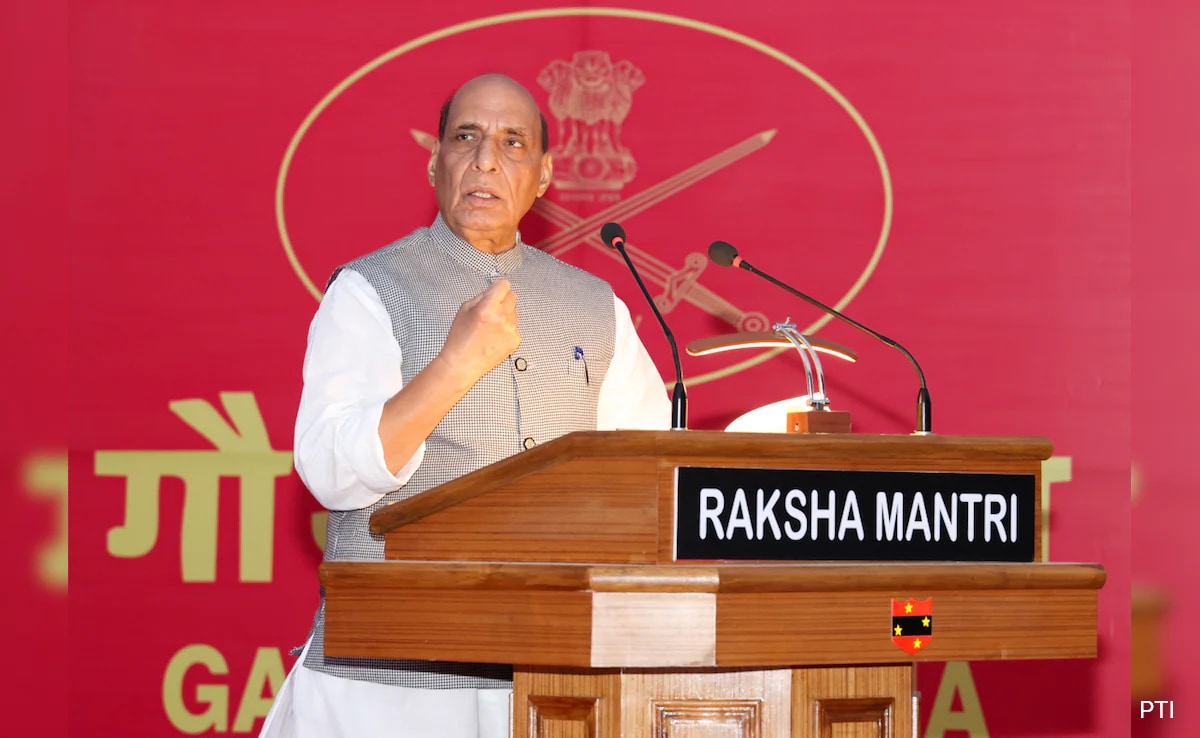New delhi:
The parlomentary panel reviewing the waqf bill circulated a 655-page report today, incorporating all the changes suggested by its members. The opposition, thought, has alleged that none of its amendments have been incorporated.
AMID Fears That Existing Waqf Properties will be subject to scrutiny after the amended law come into force, the committee has been recommended E Basis, provided the asset is not in dispute or belongs to the government .
The committee has accepted 14 amendments, which have been suggested by members of the BJP or its allies.
The Bill Proposes Numerous Changes to the way Waqf Boards are administerred, Including Nominating Non-Muslim and (at Least two) Women members.
The bill also Islamic Faith.
Further, under the new rules the waqf council can’t claim land.
The opposition leaders have also also also also criticized the committee alleging a very short time have been allowed for study the draft report.
The committee chaired by BJP leader Jagdambika Pal is expected to adopt the report on Wedns.
“The Parliamentary Committee on Waqf Bill Has Been Reduced to a farce. s just now , “Said DMK Leader A Raja.
Mr Raja said the mps are expected to go through it, provide comments and submit destined notes.
“This is simply not possible.
Key provisions of the waqf amendment bill, 2025
- Two muslims women will continue to be included as members in bot the state waqf boards (Section 14) and the Central Waqf Council (Section 9) to ENSURE Muslimen’s Empowerment and Participation in Waqf management.
- The State Waqf Boards will now include one member from the Muslim OBC Community, ENSURING BROADER REPRESENTION (Section 14).
- The State Government May Establish Separate Waqf Boards for Aghakhani and Bohra Communities, Acknowledging their DISTINCT RILIGIOUS Needs (Section 13).
- In Waqf Alal Aulad (Family Waqfs), Women’s Inheritance Rights will be safeguarded. A waqif can dedicate property only after ensuring that female hears receive their rightful share (Section 3A (2)).
- Registered Waqf by User will continue to be recorded as waqf, except in cases where the property is under dispute or owned by the government (Section 3 (R).
- The Limitation Act will apply to all waqf-resolution of this act, ensuring timely resolution and preventing prolonged litigation (Section 107).
- The online registration process will be into introduced to automate the nature life cycle of waqf properties through the portal.
- Waqf Boards must Upload All Waqf Property Details on a Central Portal Within Six Months. The Waqf Tribunal May Grant Extensions on a Case-by-Case Basis.
- If a Government Property is Claimed as Waqf, an officer Above the rank of collector, notified by the state government, will conduct an inquiry as per the law. Until the report is Submitted, Such Government Properties will not be treated as WAQF (Section 3C).
- Muslim Trusts that Function Similarly to Waqf But Are Governed by Trust Laws will be excluded from the Waqf Act, 1995, Preventing Legal Conflicts (Section 2A).
- The income from waqf aulad can be used to support widows, divorced women, and orphans, if specified by the waqif (section 3 (r) (iv)).
- The Finality of Tribunal Decisions has been removed. Any Aggrieved Person Can Now Appeal to the High Court Within Ninety Days of the Tribunal’s decision.
- Online Registration Certificates of Waqf Properties will be Issued through the portal.




